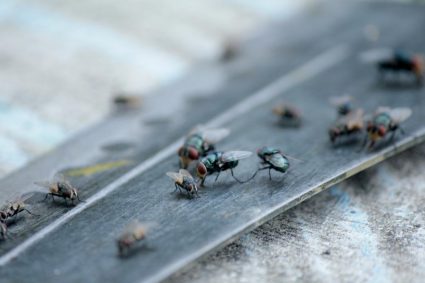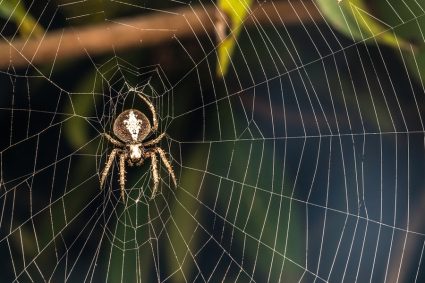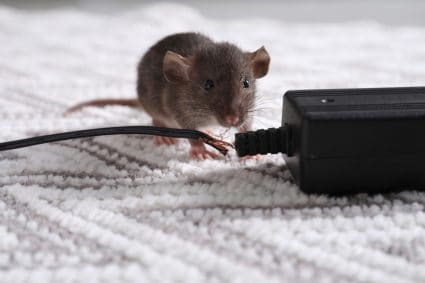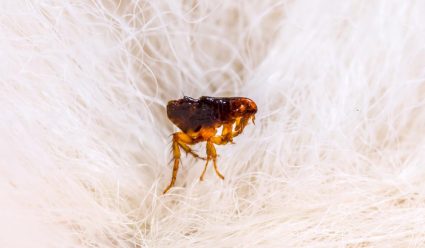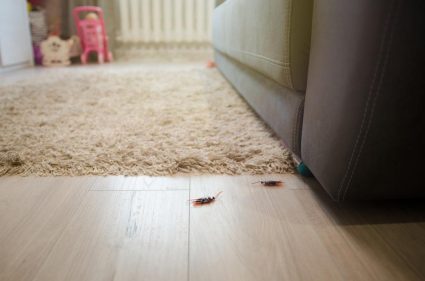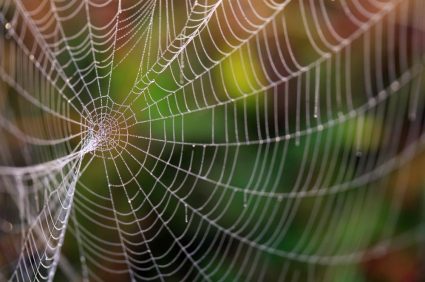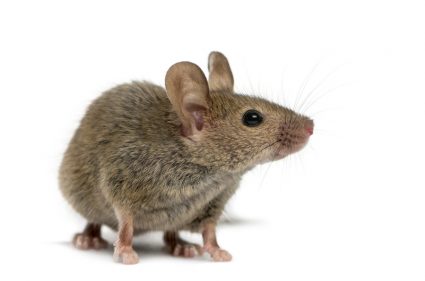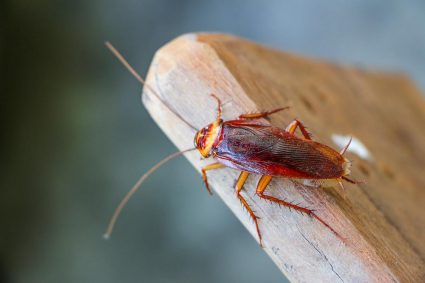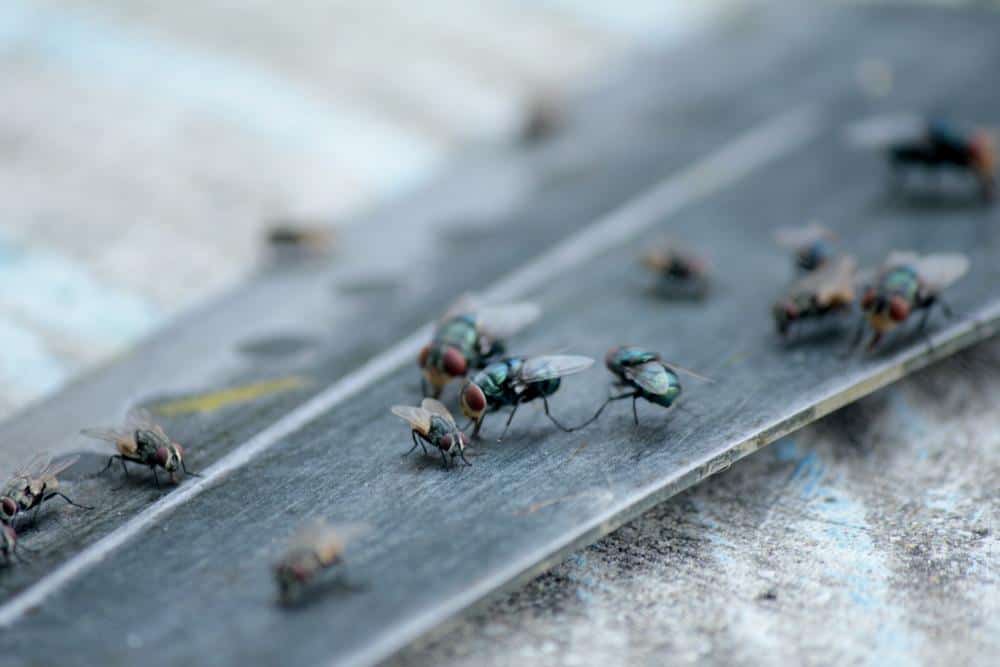
Flies and mosquitoes are not only annoying but can also pose serious health risks by transmitting diseases. As such, deterring these pests from your home and outdoor spaces is crucial. In this comprehensive guide, we will explore everything you need to know about what flies and mosquitoes hate, providing practical solutions to keep these pests at bay.
Flies and mosquitoes are repelled by certain scents including citrus, basil, lavender, peppermint, lemongrass, vinegar, eucalyptus, cinnamon, cloves, mint, rosemary, DEET, IR3535, Picaridin, cedar, citronella, patchouli, catnip, marigolds, grapefruit, pine oil, and chili peppers. They can be deterred by using these scents in various forms such as essential oils, candles, plants, or sprays. Practical methods to repel these pests include DIY repellents, incense, fans, homemade traps, and mosquito-repelling plants.
Scents that Repel Flies and Mosquitoes
Flies and mosquitoes possess strong olfactory receptors that are sensitive to certain scents. Interestingly, many of these scents are pleasant to humans, making them ideal for use in our living spaces.
Scents that Repel Flies
Flies, in particular, are repelled by a series of scents, including:
- Citrus
- Basil
- Lavender
- Peppermint
- Lemongrass
- Bay leaves
- Vinegar
- Eucalyptus
- Cinnamon
- Cloves
- Mint
- Rosemary
Scents that Repel Mosquitoes
Similarly, mosquitoes are deterred by the following scents:
- DEET, IR3535, Picaridin, and lemon eucalyptus oil (found in mosquito repellents)
- Cinnamon
- Peppermint
- Cedar
- Citronella
- Lemongrass
- Patchouli
- Catnip
- Lavender
- Eucalyptus
- Marigolds
- Grapefruit
- Mint
- Pine oil
- Chili peppers
These scents can be used in various forms, such as essential oils, candles, plants, or sprays, to help keep flies and mosquitoes away from your home and outdoor spaces.
Practical Ways to Repel Flies and Mosquitoes
There are several practical and natural ways to implement these fly and mosquito deterring methods in everyday life:
- DIY Mosquito Repellents: Use homemade repellents made from essential oils like thyme, lavender, or peppermint mixed with water in a spray bottle.
- Incense and Candles: Burn citronella or lemongrass incense or candles to create a natural barrier against mosquitoes.
- Box Fans: Set up box fans in areas where you notice mosquitoes, as the wind produced by the fans makes it difficult for them to land on you.
- Water, Yeast, and Sugar Trap: Create a trap using a two-liter plastic bottle, hot water, yeast, and sugar to attract and kill mosquitoes.
- Coconut Oil Compounds: Apply coconut oil-derived compounds, which have been found to be more effective than DEET in repelling insects.
- Citronella Oil: Use citronella candles or citronella essential oil in a vaporizer or oil diffuser to repel mosquitoes.
- Plant Mosquito-Repelling Plants: Grow plants like holy basil, peppermint, or lavender in containers around your home to keep mosquitoes away.
- Garlic Water Spray: Make a garlic water mixture by infusing minced garlic in mineral oil and mixing it with water in a spray bottle. Spray it near outdoor light sources to create a barrier against mosquitoes.
Remember to eliminate standing water around your home, as it serves as a breeding ground for mosquitoes.
Understanding the Behavior and Life Cycle of Flies and Mosquitoes
Understanding the behavior and life cycle of flies and mosquitoes can help us develop more effective repellents by targeting specific stages of their development and exploiting their sensory systems.
Mosquitoes go through four distinct stages during their life cycle: egg, larva, pupa, and adult. Only female mosquitoes bite and feed on the blood of humans or other animals, which they use to produce eggs.
Mosquitoes use their sense of smell to find hosts, nectar, and oviposition sites, and to avoid repellents. Understanding these behaviors can help in designing more effective traps and repellents.
Conclusion
By understanding what flies and mosquitoes dislike and implementing these strategies, you can significantly reduce their presence in your living spaces. Whether you opt to use natural repellents, grow certain plants, or make DIY traps, these methods can help you enjoy a more comfortable and healthier living environment. Remember, the key is to be consistent and persistent in your efforts to deter these pests.
Frequently Asked Questions
Can flies and mosquitoes become immune to these scents over time?
There is currently no scientific evidence to suggest that flies and mosquitoes can become immune to the scents that naturally repel them. However, some studies show that certain species of mosquitoes can become resistant to chemical insecticides over time.
Are there any side effects to humans from using these scents to deter flies and mosquitoes?
Generally, the scents listed above are safe for humans to use. However, some people may have allergic reactions to certain essential oils or plants. It’s always best to test a small amount on your skin first or consult with a healthcare provider if you have any concerns.
How often should I apply or use these scents to keep the flies and mosquitoes away?
The frequency of application can depend on several factors, such as the type of repellent used, the concentration of the essential oil, and the specific circumstances of the area you’re trying to protect. As a general rule, reapplication every few hours is often effective.
Are these scents effective against all species of flies and mosquitoes?
While these scents are known to be effective against many common species of flies and mosquitoes, their effectiveness can vary between different species. It’s always worth trying multiple methods to see which works best in your specific situation.
Can these scents harm my pets?
Most of these scents are safe for pets, but it’s always a good idea to check with your vet before introducing new substances into your pet’s environment. For example, some essential oils can be toxic to cats and dogs if ingested or applied directly to their skin.

